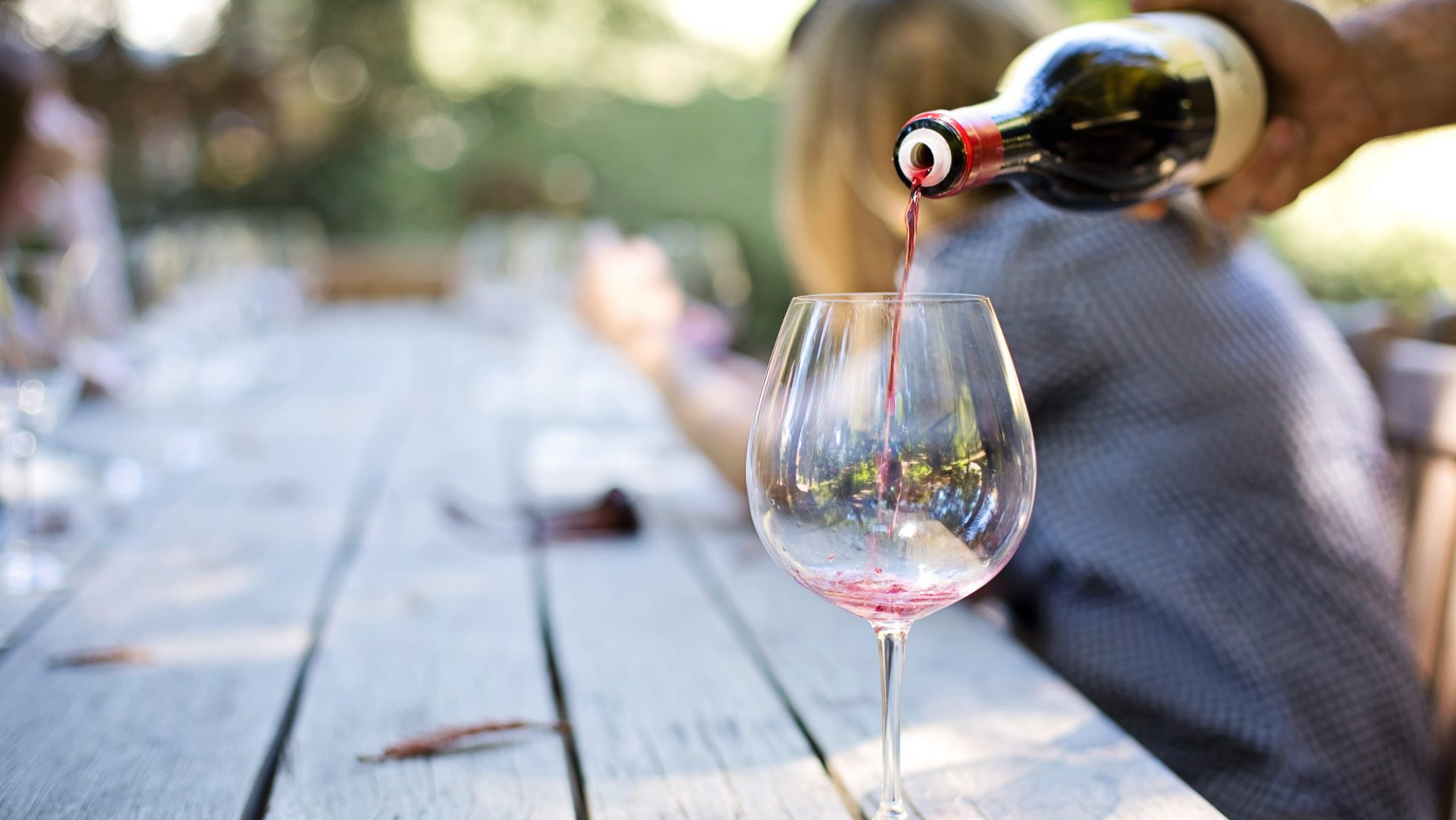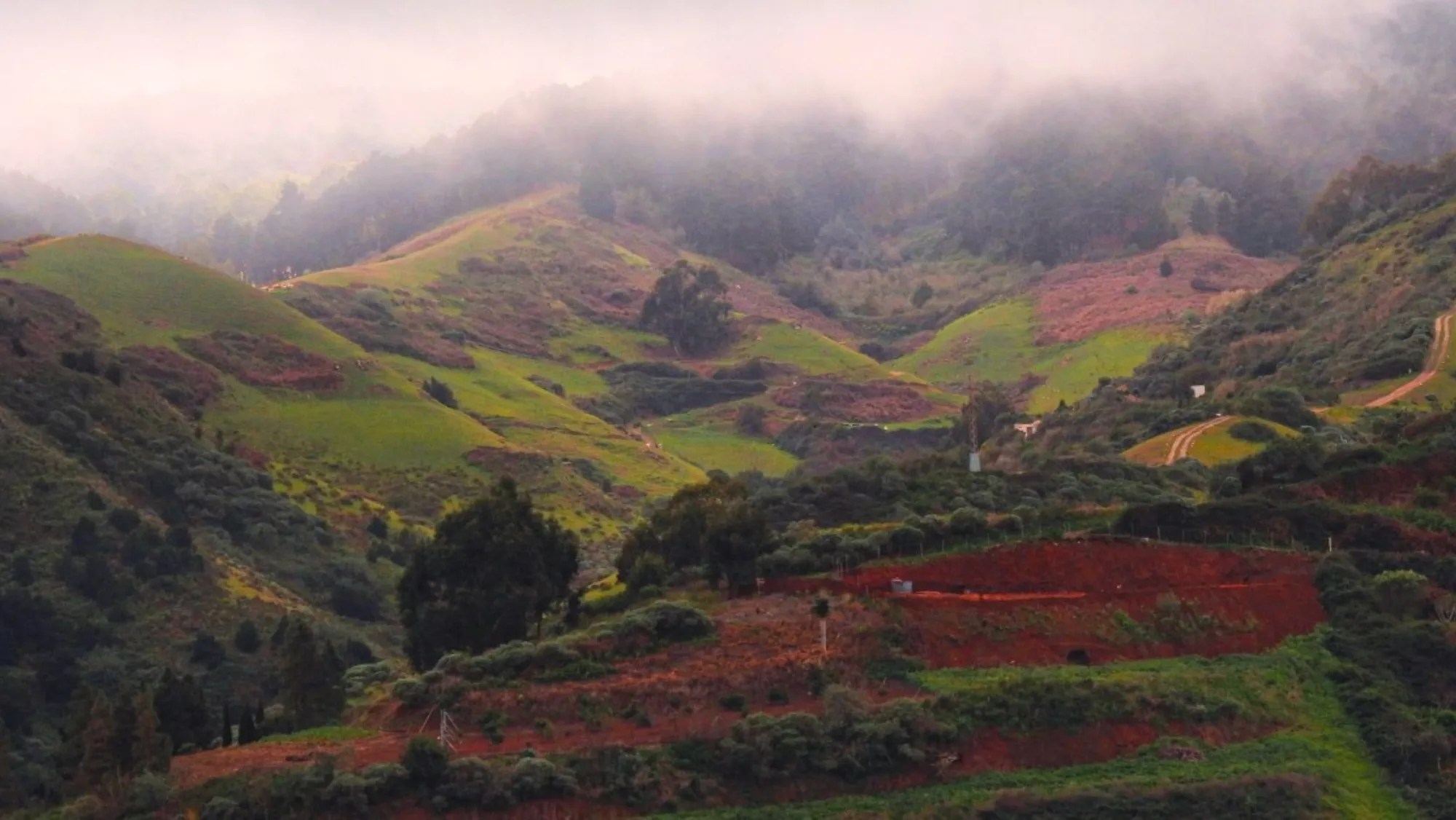Concerns Over Phylloxera Outbreak in Gran Canaria’s Vineyards

The President of the Regulatory Council for the Denomination of Origin of Gran Canaria, Pedro Suárez Rodríguez, acknowledges the sector’s concerns following the phylloxera outbreak in Tenerife’s vineyards. However, he insists that, if control measures are maintained, it should not spread to the rest of the archipelago.
Immediate Concerns
“Yes, we are concerned,” admits Suárez, stressing the importance of preventing the transfer of grapes and plant material from Tenerife in order to contain the outbreak. “Leaves that may carry the phylloxera often accompany the grapes, but if we are cautious, we should not have any fear,” he stated in a conversation with Atlántico Hoy.
The Council leader noted that, according to recent data, the pest has affected around fifty plants in Tenerife. “Phylloxera manifests in two ways: on the leaf or on the root. So far, it has not shown up on the roots, which is when it truly causes damage. It seems to be fairly controlled, and I would be pleased if it could be completely eradicated,” he added.
Understanding the Outbreak
Suárez maintains that, for now, “this is not a plague, but rather a localized outbreak.” In his view, current technical advancements make it possible to contain what devastated vineyards across Europe in the 17th and 18th centuries. “Today, we can burn affected plants, disinfect the soil and materials, and thereby halt its spread. If it remains just a small incident, it would be better for everyone.”
He explained that the risk lies in phylloxera requiring replanting with American rootstocks, which would affect the flavour and characteristics of Canarian wines. “The aim is to eradicate the pest and prevent it from spreading throughout the rest of the archipelago,” he emphasized.
Challenges in Control
However, the President of the Council recognizes the difficulties in completely controlling movements between the islands. “Anyone could carry a cutting or a leaf in their car. It’s impossible to guarantee 100% that there won’t be any transfer of plant material,” he warned. Therefore, he views the stringent measures adopted by the Canary Islands Government, such as prohibiting the transport of plants and grapes without authorization, as essential.
Suárez admits that although these restrictions may be uncomfortable, they are vital for protecting the vineyards of Gran Canaria. “These are very drastic measures, but I believe they are necessary at this time,” he insists.
Economic Risks
The sector’s concerns extend beyond health implications. Should phylloxera reach Gran Canaria, the impact would be immense: “Imagine if these outbreaks became a plague and we had to uproot, replant, and wait years to recover production. It would be a costly and incredibly complicated process,” Suárez warned.
Currently, most vine growers on the island reproduce their stocks “on their own roots,” planting cuttings directly into the ground. The arrival of the plague would necessitate a switch to much more expensive and slower techniques. “In addition to being without production for years, the characteristics of our wines would change,” he lamented.















